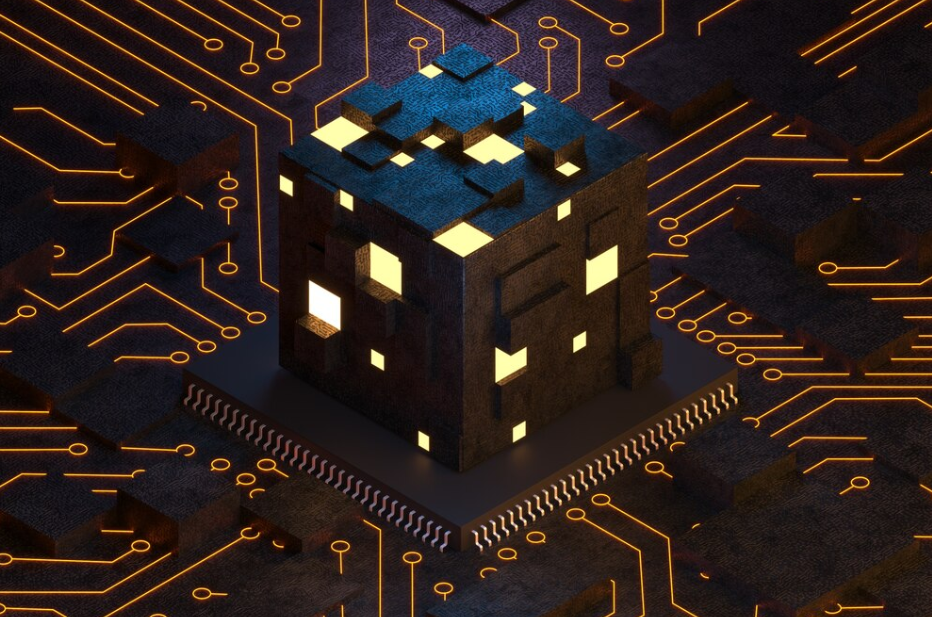As digital technologies evolve at breakneck speed, their environmental cost becomes harder to ignore. From sprawling data centers consuming megawatts of electricity to smartphones built from conflict minerals, our machines are deeply entangled in global systems of extraction. But what if we reimagined computing itself — not as a tool of endless resource consumption, but as a practice of restraint, repair, and refusal?
Welcome to the emerging paradigm of post-extractive computing: a vision of machines that refuse to mine — not only minerals, but data, attention, and energy.
The Problem With Extraction
Modern computing relies on extractive logic at nearly every level:
- Material extraction: Rare earth minerals like cobalt, lithium, and tantalum are mined under harsh conditions, often in politically unstable regions.
- Energy extraction: Cloud computing and blockchain technologies demand increasing amounts of energy, accelerating carbon emissions.
- Data extraction: Digital platforms mine user behavior for profit, commodifying attention and privacy.
- Labor extraction: Behind every sleek interface lies a chain of exploited labor — from miners to gig workers to outsourced content moderators.
This model is not sustainable. It is environmentally destructive, ethically fraught, and ultimately incompatible with a livable future.
What Is Post-Extractive Computing?
Post-extractive computing proposes a radical shift. It asks: what if our machines were designed to do less, last longer, and harm less?
Core Principles:
- Material Minimalism
Hardware designed with recycled materials, modular parts, and long life cycles. Think repairable laptops and biodegradable circuit boards. - Energy Awareness
Software that adapts to low-energy contexts, avoids unnecessary computation, and prioritizes frugal code over brute-force processing. - Data Non-Extraction
Systems that operate locally without collecting personal data. Algorithms that respect boundaries instead of crossing them. - Computational Refusal
Devices that deliberately opt out of harmful processes — such as cryptocurrency mining, surveillance, or addictive design.
Examples in Practice
- Fairphone: A smartphone built for repairability and ethical sourcing, challenging the throwaway culture of mainstream devices.
- Low Tech Magazine: A solar-powered website that only works when there is enough sunlight — embracing intermittency as a design principle.
- Linux-based minimal OSs: Operating systems like Tiny Core Linux or Alpine, which run on minimal resources, emphasizing efficiency over excess.
Post-extractive computing doesn’t mean anti-technology. It means better technology — grounded in ethics, ecology, and care.
The Cultural Shift
To move toward post-extractive computing, we need more than new gadgets. We need a philosophy of technological restraint — a rethinking of what progress looks like.
- From growth to sufficiency
Not every device needs to be faster, bigger, or smarter. Sometimes, “good enough” is truly enough. - From convenience to consciousness
Users must be empowered to understand how their devices work, and to make informed choices about their impact. - From innovation to repair
Designing systems that are not only open to repair but invite it — socially, technically, and aesthetically.
Toward Machines That Care
Post-extractive computing is ultimately about machines that care: for the planet, for the people who use them, and for the communities that build them. This is not science fiction. It’s a slow revolution — already underway in hacker spaces, research labs, and grassroots networks.
We may not be able to undo the damage already done. But we can build a future where our machines don’t have to mine in order to matter.
Conclusion
The next generation of technology doesn’t need to be faster or smarter. It needs to be kinder. By embracing post-extractive principles, we can design machines that resist the logics of depletion and domination — and instead, support life, community, and repair.
Let us build machines that do not exploit. Let us imagine computers that can say:
“I refuse to mine.”


